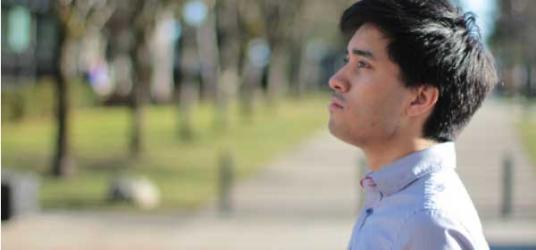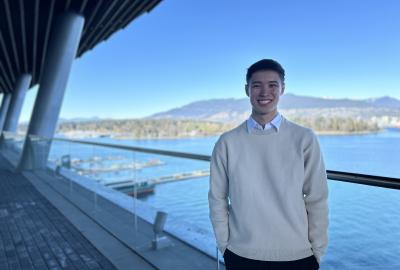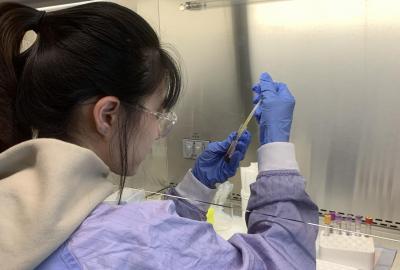
There are lots of people that will tell you about all the things you should or could be doing, and why doing these things (volunteering, getting out there, giving back, etc.) will benefit you personally, professionally, mentally, and so on. When I write for the ENGAGE blog, I am one of those people. But sometimes you can’t, you really can’t, do it all. And I’m here to tell you that that’s okay too.
As a university student, you have a lot of demands on your time and attention—classes, jobs, family, relationships, friends, extracurricular activities, etc. You’ve got a lot of responsibilities, a lot of things to remember, and a lot of balls to juggle. And on top of that you’re expected to VOLUNTEER?
Well, yes. But only if you really want to, and only if you can.
Sometimes volunteering your time and energy towards something you believe in can help take your mind off a disappointment or a heartbreak. It can help you feel productive. It can empower you by allowing you to make an impact for the better, or provide perspective by exposing you to walks of life you’ve never experienced. It can be jarring at first, but once you get into the groove of it your engagement can become a positive part of who you are.
But sometimes adding volunteering to your schedule can be the drop that burst the dam. Sometimes you need to take a step back and take some time for yourself. And that is perfectly okay. You can only do your best for others when you are, at the very least, in a place of relative stability in your own life. Being a generous person does not mean that you need to sacrifice your health or your sanity. If your responsibilities become so overwhelming that you aren’t able to enjoy yourself, your engagement won’t bring the benefits you’re hoping for and will only cause resentment. And generosity you resent is not generosity at all.
That’s not to say that you shouldn’t get involved with your community or with your cause if one or more areas of your life aren’t going so well--in fact, as mentioned above, your engagement might make you feel better. But if your grades are slipping or you haven’t been able to spend quality time with your support system (i.e. your friends, family, or significant other) because you’re so busy, it may be time to take a break.
And that’s okay. It’s okay to say no sometimes, and in fact, saying no can be healthy for you. When I have a REALLY busy semester and I begin to feel overwhelmed, but I want to be part of this or that AMAZING opportunity, sometimes I have to be strict with myself and ask some important questions:
Do I have time for this opportunity? If I take this on, how much “free time” (for studying, socializing, and relaxing) will this leave me? Will I have any more weeknights free?
If I take this on right now, will I be able to give it my best? Is there a possibility that I will begin to resent this responsibility? Is there a possibility that this resentment could damage the relationships I want to foster with this opportunity?
If I take this on right now, will I be healthy? Will I have time to sleep and eat regularly, and will I have enough downtime to stay mentally strong as well?
If I decide that this opportunity is too good to miss, is there any other activity I’m currently involved in that I can cut or postpone to make room for this opportunity?
I understand that it’s hard to say no, and especially hard if you feel that you’re letting someone down. Trust your peers and supervisors to be understanding. As long as you give ample warning and clearly state that you won’t be able to do something (as opposed to giving wishy-washy maybes), you will appear self-aware and mature, rather than flaky and irresponsible. It’s important to make a good impression, even when saying no, so that you’ll be able to return to this opportunity in the future when you are in a better headspace for it. Remember, saying no doesn’t mean you’re not an engaged person. It just means that you can’t be engaged in this particular cause right now.
Over the course of my own studies, I’ve been a Yes Person, saying yes to everything and running myself into the ground. I’ve also been a No Person, avoiding all opportunities and fiercely protecting my “me time” (but getting really bored and feeling disconnected). Once I began to strike a balance between what I needed to feel sane and healthy, and what I needed to do to feel productive and engaged, the opportunities I took on became more meaningful and beneficial to me. 














